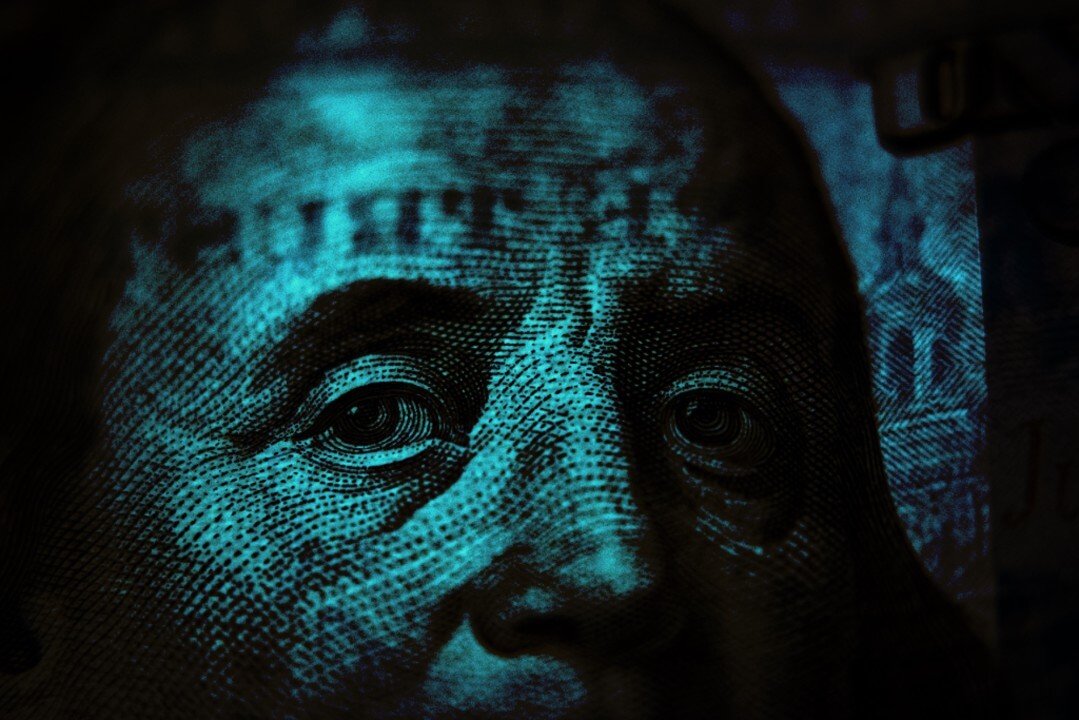
Chasing Dreams or Dollars? Rethinking the Money-Happiness Paradigm
In a world where financial success often takes center stage, Derek Thompson’s recent tweet in response to the WSJ article, “The Pay Raise People Say They Need to Be Happy” really struck a chord with me. It’s a common belief, almost an unspoken rule, that happiness scales with income.
The idea that every income level needs an additional 30-50% to feel happy is both intriguing and perplexing. If you’re earning $150,000, the logic goes, then surely $200,000 would be the key to happiness. And if you’re at $200,000, wouldn’t $350,000 be even better?
This concept had me diving deep into my own life’s financial journey. Like many, I’ve often caught myself thinking, “If only I could make just a bit more, I could afford this or do that.” And reflecting on my career, I’ve been lucky enough to witness my income grow year over year, sometimes even hitting that 30-50% increase. But here’s the kicker, my happiness didn’t quite follow the same upward trajectory. There were times when, despite earning more than ever before, my overall happiness dipped.
It’s moments and realizations like these that force us to reassess our perspectives.
- Why are we chasing these financial goals?
- What’s our true motive behind earning more?
Is it just about the money, or is there something deeper we are striving for in our personal and professional lives? These are the questions I find myself pondering, and perhaps, they are worth considering in your own journey as well.
Let’s be honest, Money has long been seen as the universal passkey to happiness. The societal narrative is simple in this case, just earn more, be happier.
But let’s stop and think for a moment.
Is this really the truth?
or
Have we been chasing a mirage in the financial desert?
The Myth of Monetary Bliss
In my humble opinion the idea of “more money leads to more happiness” is like a mirage. It’s tempting, yet as we get closer, it seems to vanish, leaving us thirsting for more. The article i shared here above echoes this sentiment, But isn’t this a never-ending cycle?
Happiness: A Personal Recipe
Happiness is not one-size-fits-all. It’s a tailor-made suit, stitched from the fabric of our individual experiences, values, and desires. Just as we have unique fingerprints, our definition of happiness is uniquely ours. For some, happiness is a cozy evening with family for others, it’s scaling the highest peaks. Money, while it can buy comfort, cannot purchase these moments of true joy.
The Irony of Life Stages
Life is an ironic play in three acts – youth, adulthood, and old age. In youth, we are rich in time and energy, buzzing with dreams, yet financially scraping by. In adulthood, our bank accounts grow, yet the clock ticks faster, leaving us with less time to enjoy our earnings. And in old age, when time is aplenty and financial worries are often behind us, our energy wanes.
This cycle makes you wonder are we ever truly rich?
The Real Wealth
Here’s a thought: real wealth is not measured in currency, but in moments. It’s the laughter shared with friends, the peaceful solitude of a morning walk, the thrill of a new experience. Yes, money is important it’s the oil that keeps the machinery of life running smoothly. But let’s not forget that it’s merely a means to an end, not the end itself.
Living, Not Just Existing
We often fall into the trap of living to work, instead of working to live. The relentless pursuit of more money can lead us down a path where days blend into each other, devoid of the very happiness we seek. It’s vital to step back and ask ourselves: What am I working for? Is it just the paycheck, or is it the life that paycheck enables?
The Final Act
As we traverse through life’s stages, let’s remember to pause and reflect. Are we chasing shadows, or are we building a life rich in moments that truly matter? Money, as fleeting as it is, should be a tool to craft these moments, not the architect of our lives.
In essence, happiness and success are personal journeys, not societal mandates. Let’s redefine these terms on our own terms, and maybe, just maybe, we’ll find that the happiness we seek has been within our grasp all along.
